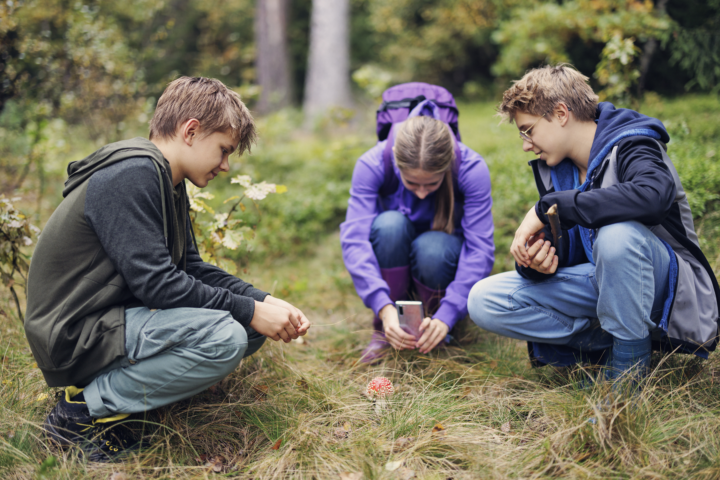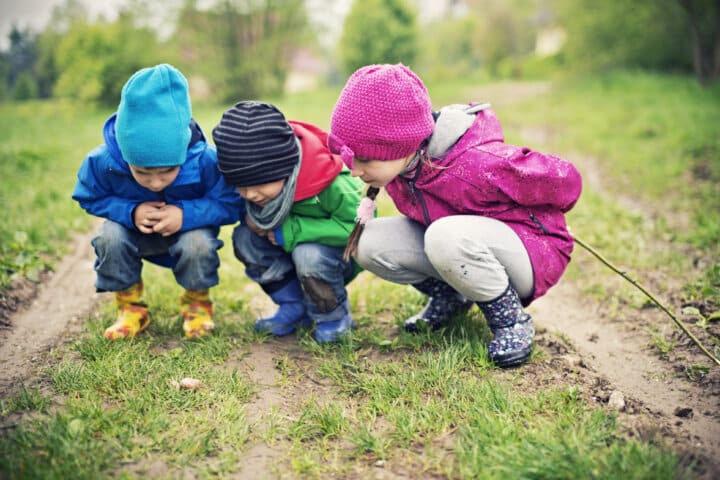Parent’s reactions to adolescents’ problematic behaviors: how, when and why?
Terese Glatz
Professor Håkan Stattin
Professor Susan Lollis
ÖU – Örebro universitet
2011-12-16
Parent’s reactions to adolescents’ problematic behaviors: how, when and why?
School of Law, Psychology and Social Work
Parent’s reactions to adolescents’ problematic behaviors: how, when and why?
Traditional socialization theories suggest that parents shape their children, and parents socialization strategies are decided upon largely independent of the children. These ideas, however, have received criticism. In this dissertation, I focus on how children and adolescents influence their parents behaviors. Specifically, I examine parents reactions to problematic behaviors in their adolescents. In the three studies, I presented theoretical models that offered explanations why parents react as they do to problematic behaviors in their adolescents. In these models, parents cognitions worked as mechanisms to explain their subsequent reactions. The overall pattern in the studies was that parents tended to shift in cognitions about their own role as parents and their adolescents behaviors when they were faced with problematic behaviors, which influenced their behaviors toward their adolescents. In Study I, parents became less strictly opposed to adolescent drinking when they encountered their adolescents intoxicated. This reaction was explained by a reduction in dissonance between their attitudes to adolescent drinking and their knowledge of their own adolescents drinking. In Study II and Study III, parents of adolescents with hyperactivity, impulsivity, and attention problems (HIA) reported that their adolescents did not respond to their attempts to correct their behaviors. This cognition made them feel powerless and, as a consequence, they increased in negative behaviors and decreased in positive parenting strategies. In these two studies, parents decreased in their thoughts of being able to deal with their adolescents misbehaviors. In addition, as was shown in the third study, these cognitions seem to be influenced by parents earlier experiences with their first-born children. In sum, the results of this dissertation suggest that adolescents influence their parents cognitions and behaviors. Further, the results highlight the importance of focusing on how parents ways of thinking influence their parenting strategies.
Relaterade länkar

Biologi
 Åk 7–Vux
Åk 7–Vux Hållbar utveckling i förskolan
 Fsk
Fsk 






